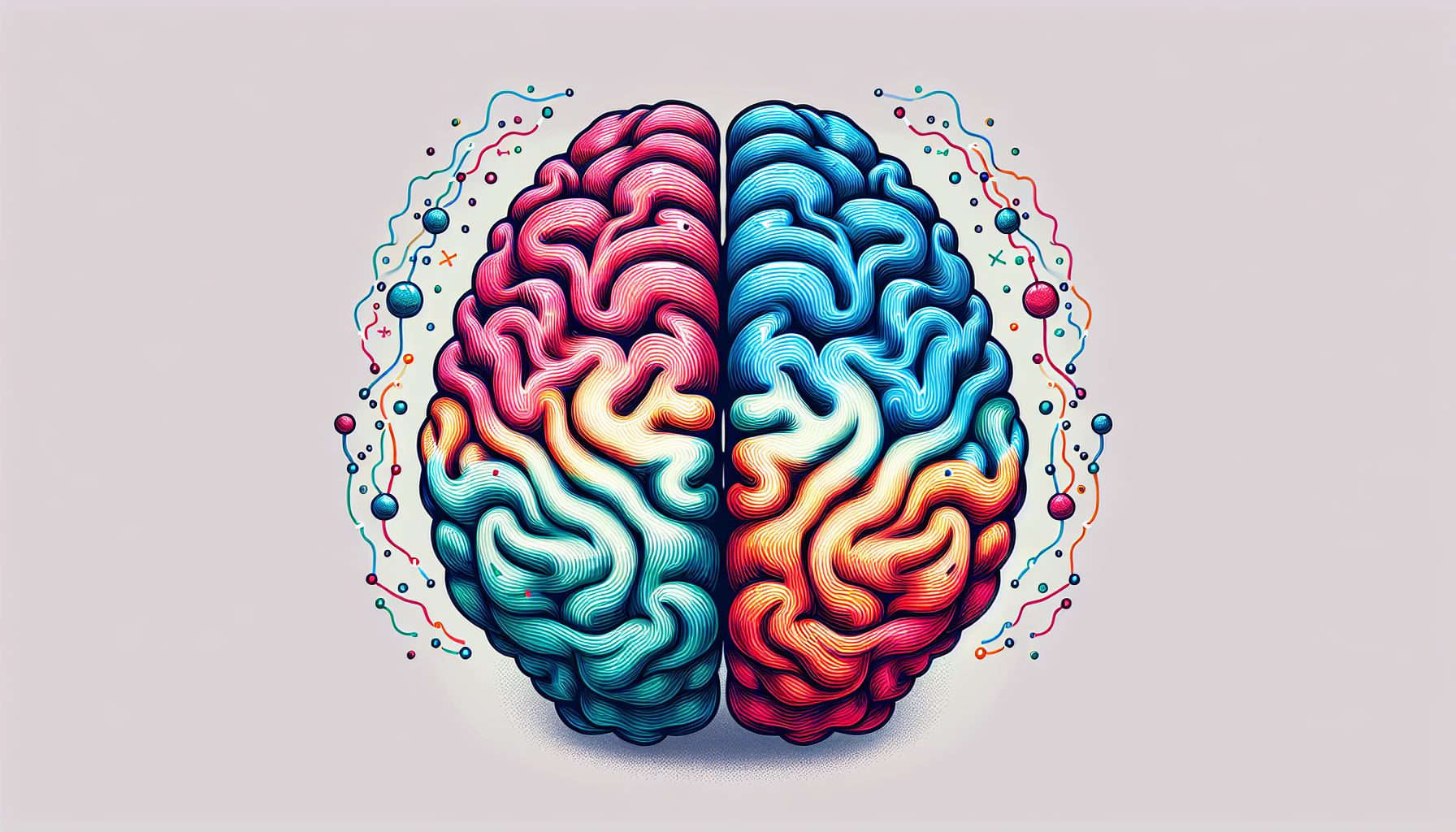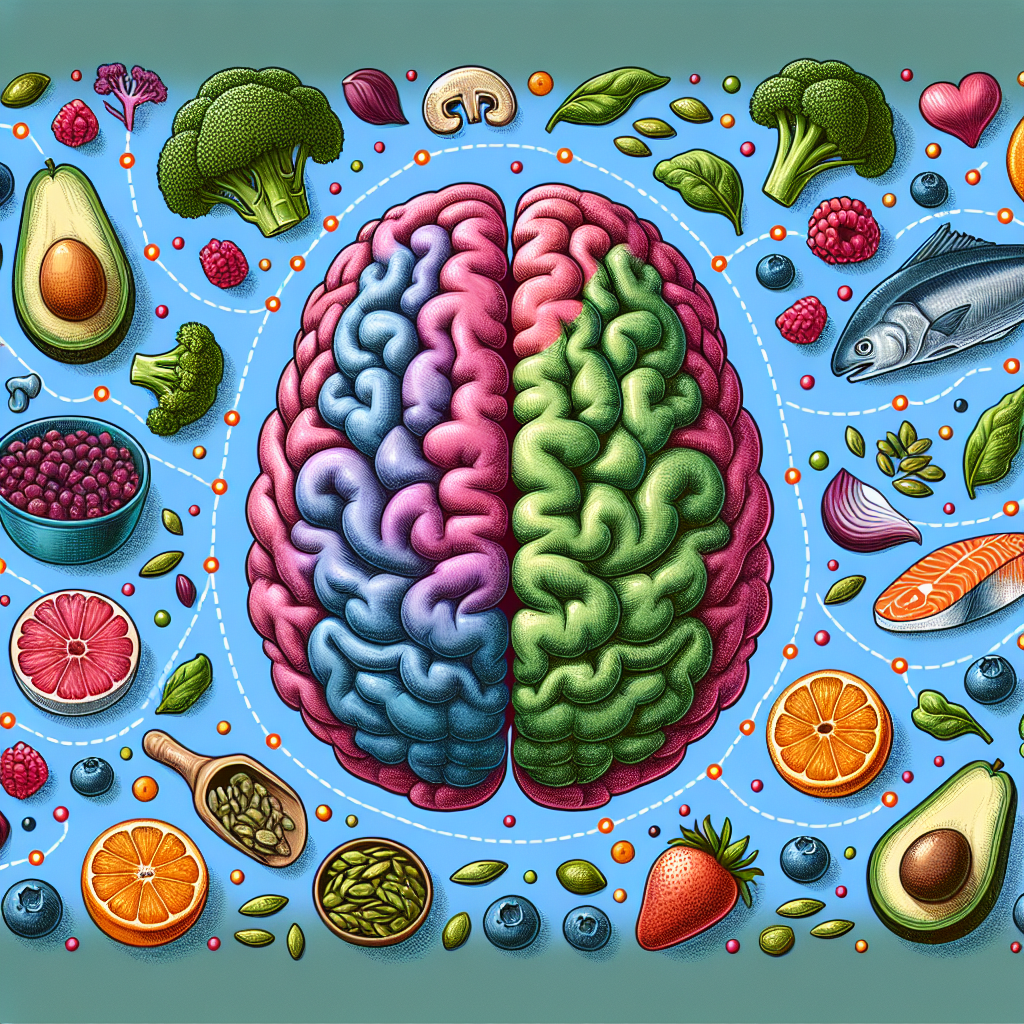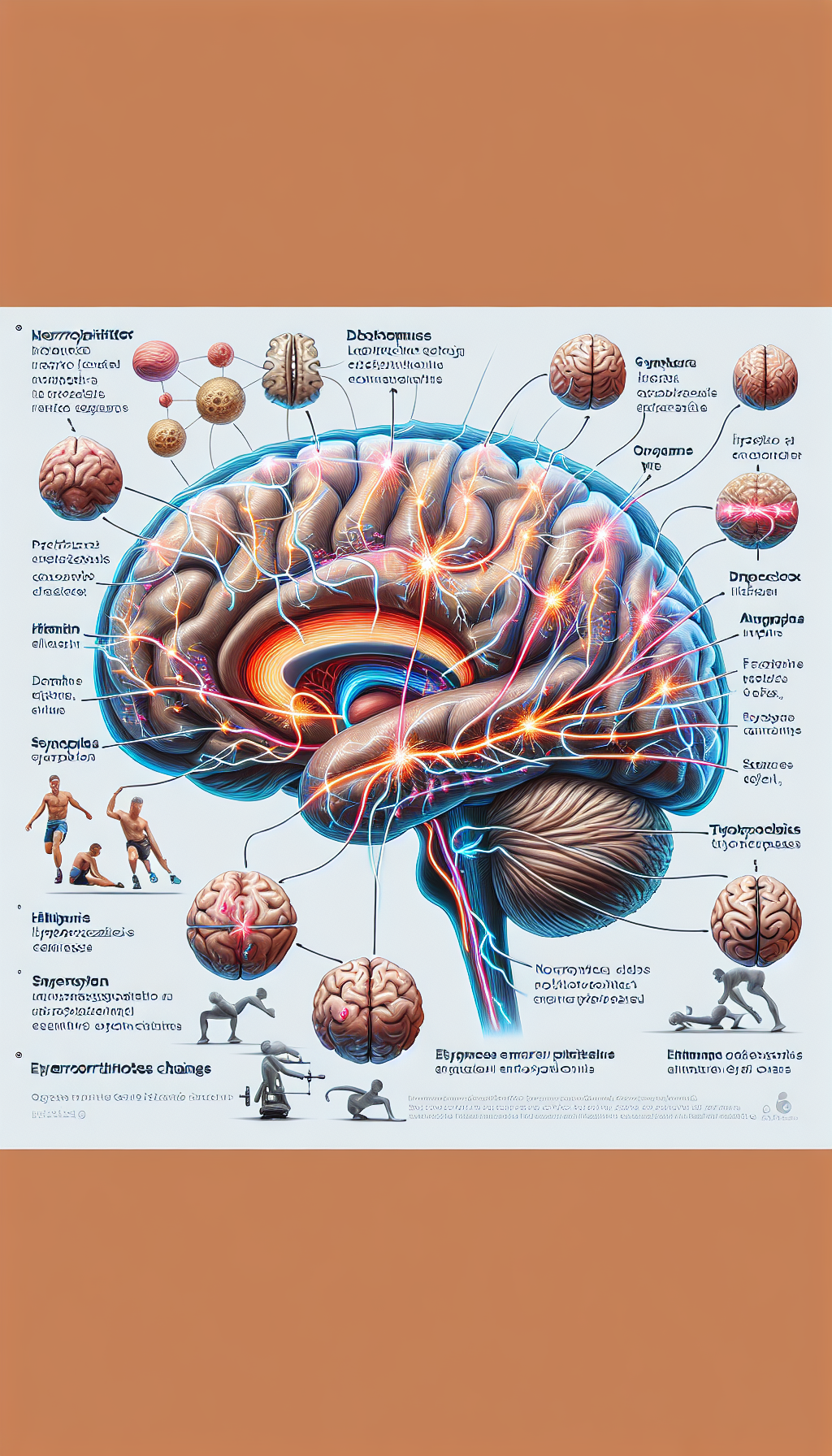The complexity of the human brain is unparalleled, with its vast network of neurons and neurotransmitters orchestrating everything from basic motor skills to intricate cognitive functions. Neurotransmitters, the brain’s chemical messengers, play a crucial role in maintaining mental health and cognitive functions. Their balance is vital for the brain’s overall health and wellbeing. In this comprehensive exploration, we will delve into the importance of balancing neurotransmitters and outline strategies that can promote better brain health.
The Role of Neurotransmitters in Brain Health
Neurotransmitters are chemicals that facilitate communication between neurons in the brain. Each neurotransmitter has a specific function, influencing mood, memory, sleep, and cognition. Some of the major neurotransmitters include serotonin, which contributes to feelings of well-being; dopamine, which is associated with reward and motivation; and acetylcholine, which is involved in learning and memory.
Imbalances in these neurotransmitters can lead to a variety of mental health issues, such as depression, anxiety, and cognitive decline. Therefore, ensuring a proper balance is essential not just for mental health but for the brain’s overall function.
Strategies for Balancing Neurotransmitters
Diet and Nutrition
The foods we consume can significantly affect the production and regulation of neurotransmitters. For instance, amino acids found in protein-rich foods serve as precursors to neurotransmitters. Tryptophan, an amino acid, is critical for the production of serotonin. Including a balanced diet with adequate protein can help support neurotransmitter functions.
Omega-3 fatty acids, found in fish and certain plant oils, are also crucial for brain health. They are known to enhance the fluidity of cell membranes, which aids in the effective transmission of neurotransmitter signals. To learn more about the role of these fatty acids in brain health, readers might find the article on How Omega-3 Fatty Acids Support Brain Health insightful.
Exercise and Physical Activity
Regular physical activity is another powerful way to balance neurotransmitters. Exercise increases the release of endorphins, often referred to as the body’s natural painkillers. It also boosts dopamine and serotonin levels, which can improve mood and cognitive function. The Cognitive Benefits of Regular Physical Activity article offers an in-depth look at how staying active benefits the brain.
Stress Management
Chronic stress negatively impacts neurotransmitter balance by elevating levels of cortisol, which can suppress the production of dopamine and serotonin. Engaging in stress-reducing practices like meditation, yoga, and deep-breathing exercises can help regulate cortisol levels and support neurotransmitter balance. The article on The Benefits of Yoga for Cognitive Enhancement provides valuable insights into how yoga can be beneficial for the brain.
Sleep Quality
Sleep is critical for neurotransmitter synthesis and balance. During sleep, the brain consolidates memories and clears out toxins. Poor sleep can disrupt the levels of neurotransmitters, leading to cognitive issues and mood disorders. Ensuring good sleep hygiene, such as maintaining a consistent sleep schedule and creating a restful environment, is key to supporting neurotransmitter balance.
Cognitive Stimulation
Mental exercises and lifelong learning can stimulate the production of neurotransmitters and enhance neuroplasticity, the brain’s ability to form new neural connections. Engaging in challenging mental activities, such as puzzles, learning a new language, or playing musical instruments, can support cognitive function and neurotransmitter health. The Benefits of Lifelong Learning on Brain Health expands on this topic.
Medication and Supplementation
In some cases, medication or dietary supplements may be necessary to address neurotransmitter imbalances. Antidepressants, for example, often work by modulating neurotransmitter levels in the brain. Natural supplements like St. John’s Wort, 5-HTP, and certain vitamins and minerals can also influence neurotransmitter production and balance. It is important to consult a healthcare professional before starting any new medication or supplement. For further reading on this topic, the Medication & Supplements section on Avix Health offers valuable information.
Understanding Neurotransmitter Testing
Neurotransmitter testing can offer insights into imbalances and guide personalized treatment strategies. These tests typically involve analyzing urine samples to measure the levels of neurotransmitters and their metabolites. While the clinical utility of these tests is still a subject of debate, they can provide a starting point for discussions with healthcare providers about neurotransmitter health.
For those interested in a deeper dive into this area, external resources like the Society for Neuroscience provide comprehensive research and literature on the mechanisms of neurotransmitters and their influence on behavior and mental health.
External Resources for Further Exploration
To explore the intricacies of neurotransmitter function and its implications on brain health, there are several niche resources that offer valuable information:
- Society for Neuroscience – A hub of research and education on brain and nervous system science.
- BrainFacts.org – A public information initiative that provides articles and resources about the brain and its functions.
- Nutrition Data – An extensive database where you can find the nutrient content of food and how it affects neurotransmitter production.
- Psychology Today – Offers articles written by experts on neurotransmitters and their impact on mental health.
- National Sleep Foundation – Provides evidence-based information on how sleep affects neurotransmitter balance and overall brain health.
In conclusion, balancing neurotransmitters is a multifaceted endeavor that involves a combination of lifestyle changes, dietary adjustments, stress management, and possibly medication or supplementation. By understanding and applying these principles, individuals can take proactive steps toward supporting their brain health and enhancing their cognitive and emotional wellbeing.
Remember, while the strategies discussed here can support neurotransmitter balance, they are not a substitute for professional medical advice. Always consult with a healthcare provider for personalized guidance tailored to your specific needs.



